UM1857
User manual
Stepper motor driver expansion board based on L6474 for
STM32 Nucleo
Introduction
The X-NUCLEO-IHM01A1 is a stepper motor driving board based on the L6474.
It provides an affordable and easy-to-use solution for driving stepper motors in your STM32 Nucleo
project.
The advanced current control of the L6474 and the complete set of protections guarantee high
performance and robustness.
The X-NUCLEO-IHM01A1 is compatible with the Arduino UNO R3 connector on the ST Morpho
connector.
More boards of the same type can be stacked easily to drive up to three stepper motors with a single
STM32 Nucleo board.
Figure 1: X-NUCLEO-IHM01A1 board
March 2015
DocID027377 Rev 2
1/9
www.st.com
�
Contents
Contents
UM1857
Getting started ................................................................................ 3
Hardware description and configuration ...................................... 4
2.1
2.2
Selecting the chip select and clock lines of the SPI ......................... 6
Multi motor configuration .................................................................. 6
Revision history ............................................................................. 8
1
2
3
2/9
DocID027377 Rev 2
�
UM1857
Getting started
1
Getting started
The X-NUCLEO-IHM01A1 expansion board is a stepper motor driver covering a wide
range of applications.
The maximum ratings are:
Power stage supply voltage (VS) from 8 V to 45 V
Motor phase current up to 3 A rms
To start your project with the board:
1. Check the jumper position in accordance with your configuration (see Section 2:
"Hardware description and configuration" ).
2. Connect the board to the STM32 Nucleo board with the connector:
a. Arduino UNO R3 for the X-NUCLEO-IHM01A1.
b. ST Morpho for the X-NUCLEO-IHM01A.
Up to three expansion boards can be stacked on the same STM32 Nucleo board, as
described in Section 2.2: "Multi motor configuration".
1. Supply the board through input 1 (VS) and 2 (ground) of the connector CN1.
2. The power OK (green) and fault (red) LEDs turn on.
3. Develop your application using the examples provided with the firmware library.
Further support material is available on the L6474 and STM32 Nucleo web pages
(www.st.com/stm32nucleo).
DocID027377 Rev 2
3/9
�
Hardware description and configuration
2
Hardware description and configuration
UM1857
The Figure 2: "Jumpers and connectors position" shows the position of the connectors and
the configuration jumpers of the board.
Figure 2: Jumpers and connectors position
The following tables provide the connector details for the Arduino UNO R3 and ST Morpho,
respectively.
Connector Pin(1)
Signal
Remarks
Table 1: Arduino UNO R3 connector table
CN5
CN9
1
2
3
4
5
6
7
3
4
5
6
7
L6474
STBY\\RESET
PWM1
SPI CS
SPI MOSI
SPI MISO
SPI SCK
Ground
L6474 FLAG
output
See Section 2.1: "Selecting the chip select and clock
lines of the SPI"
See Section 2.2: "Multi motor configuration"
See Section 2.1: "Selecting the chip select and clock
lines of the SPI"
See Section 2.2: "Multi motor configuration"
PWM2\\SPI SCK
See Section 2.2: "Multi motor configuration" and Section
2.1: "Selecting the chip select and clock lines of the
SPI"
DIR2
DIR3
PWM3
See Section 2.2: "Multi motor configuration"
4/9
DocID027377 Rev 2
�
UM1857
Hardware description and configuration
Connector Pin(1)
Signal
Remarks
8
2
6
7
3
DIR1
VDD
Ground
Ground
SPI CS
CN6
CN8
Notes:
(1)All the non-listed pins are not connected.
See Section 2.1: "Selecting the chip select and clock
lines of the SPI"
Connector Pin(1)
Signal
Remarks
Table 2: ST Morpho connector table
9
Ground
11
SPI SCK
13
15
SPI MISO
SPI MOSI
17
SPI CS
See Section 2.1: "Selecting the chip select and clock
lines of the SPI"
See Section 2.2: "Multi motor configuration"
See Section 2.1: "Selecting the chip select and clock
lines of the SPI"
19
PWM1
See Section 2.2: "Multi motor configuration"
L6474
STBY\\RESET
CN10
21
23
25
27
29
DIR1
PWM3
DIR3
DIR2
31
PWM2
33
12
20
22
L6474 FLAG
output
VDD
Ground
Ground
32
SPI CS
CN7
Notes:
(1)All the non-listed pins are not connected.
See Section 2.2: "Multi motor configuration"
See Section 2.1: "Selecting the chip select and clock
lines of the SPI" and Section 2.2: "Multi motor
configuration"
See Section 2.1: "Selecting the chip select and clock
lines of the SPI"
DocID027377 Rev 2
5/9
�
Hardware description and configuration
2.1
Selecting the chip select and clock lines of the SPI
UM1857
The chip select and the clock lines of the SPI interface can be selected through dedicated
resistors as indicated in Table 3: "Chip select line selection" and Table 4: "Chip select line
selection".
Table 3: Chip select line selection
R15
Not mounted
R25
0R
CS line
CN5 pin 3, CN10 pin 17 (default)
0R
Not mounted
CN8 pin 3, CN7 pin 32
R23
0R
Table 4: Chip select line selection
R24
CS line
Not mounted
CN5 pin 6, CN10 pin 9 (default)
Not mounted
0R
CN9 pin 4, CN10 pin 31
When the alternative clock line is selected (CN9 pin 4, CN10 pin 31) the PWM2 signal is no
longer available for multi-motor configurations (see Section 2.2: "Multi motor
configuration").
2.2
Multi motor configuration
The expansion boards can be stacked on a single STM32 Nucleo board in order to drive up
to three stepper motors (one for each motor).
The configuration can be changed by mounting the necessary resistors from R1 to R12 as
listed in the Table 5. The other resistors are not mounted.
By default, the stepper driver board is configured for a single motor setup, so board
configurations for multi-motor setups must be changed before stacking the boards on the
STM32 Nucleo.
Table 5: Multi-motor setup table
Number of motors
Board
STCK\\DIR
Mounted resistors
(0R)
1
2
3
-
PWM1\\DIR1
R1, R4, R7, R12
1 (bottom)
2 (top)
1 (bottom)
2
3 (top)
PWM1\\DIR1
R1, R4, R7, R10
PWM2\\DIR2
R2, R5, R8, R12
PWM1\\DIR1
R1, R4, R7, R10
PWM2\\DIR2
R2, R5, R8, R11
PWM3\\DIR3
R3, R6, R9, R12
If the alternative SPI clock line is selected (see Section 2.1: "Selecting the chip select and
clock lines of the SPI") the PWM2 step clock is no longer available and the multi-motor
setup is limited to two motors maximum.
The Table 6: "Multi-motor setup with alternative SPI clock line" shows the proper
configuration in this case.
6/9
DocID027377 Rev 2
�
UM1857
Hardware description and configuration
Table 6: Multi-motor setup with alternative SPI clock line
Number of motors
Board
STCK\\DIR
Mounted resistors
(0R)
2
1 (bottom)
2 (top)
PWM1\\DIR1
R1, R4, R7, R10
PWM3\\DIR2
R2, R6, R8, R12
DocID027377 Rev 2
7/9
�
Revision history
3
Revision history
UM1857
Table 7: Document revision history
Date
Revision
Changes
16-Mar-2015
30-Mar-2015
1
2
Initial release.
Updated Section 1: "Getting started".
8/9
DocID027377 Rev 2
�
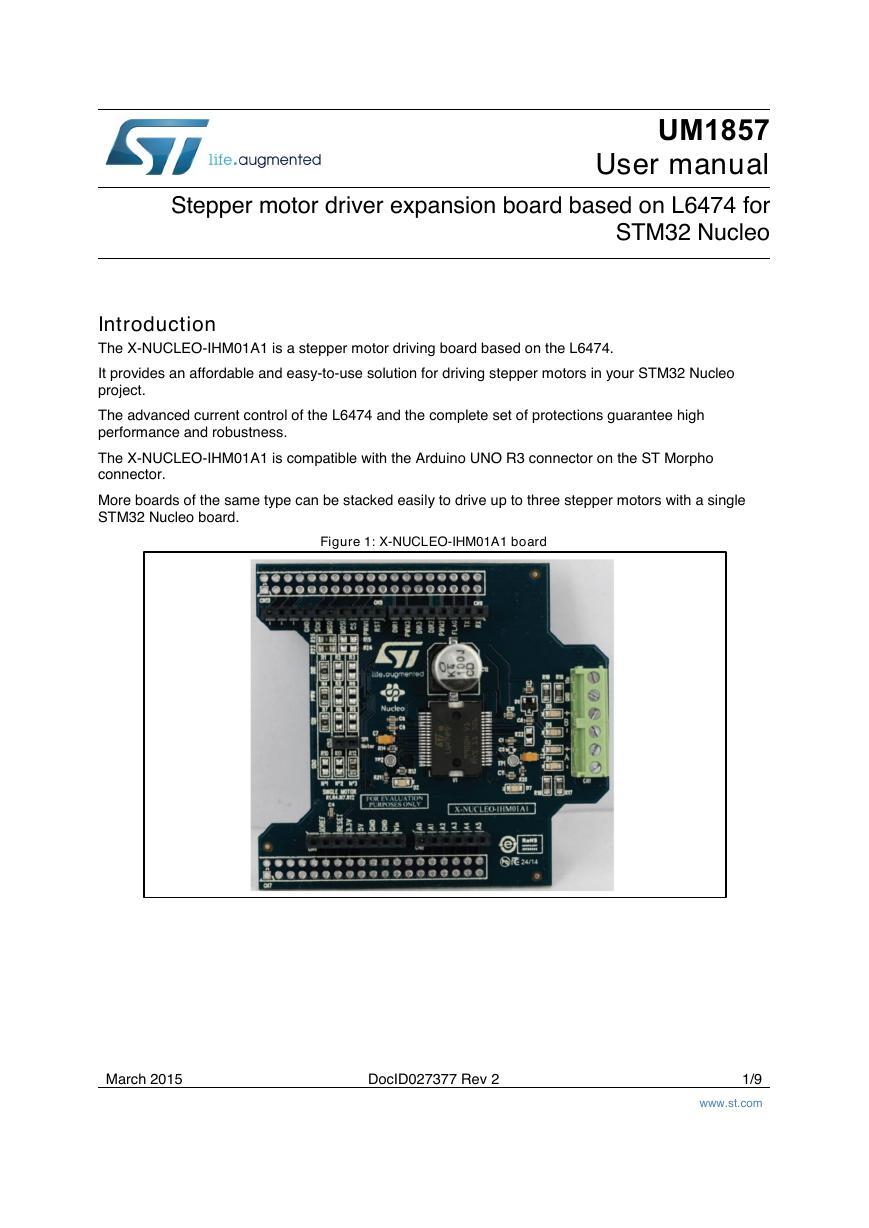















 V2版本原理图(Capacitive-Fingerprint-Reader-Schematic_V2).pdf
V2版本原理图(Capacitive-Fingerprint-Reader-Schematic_V2).pdf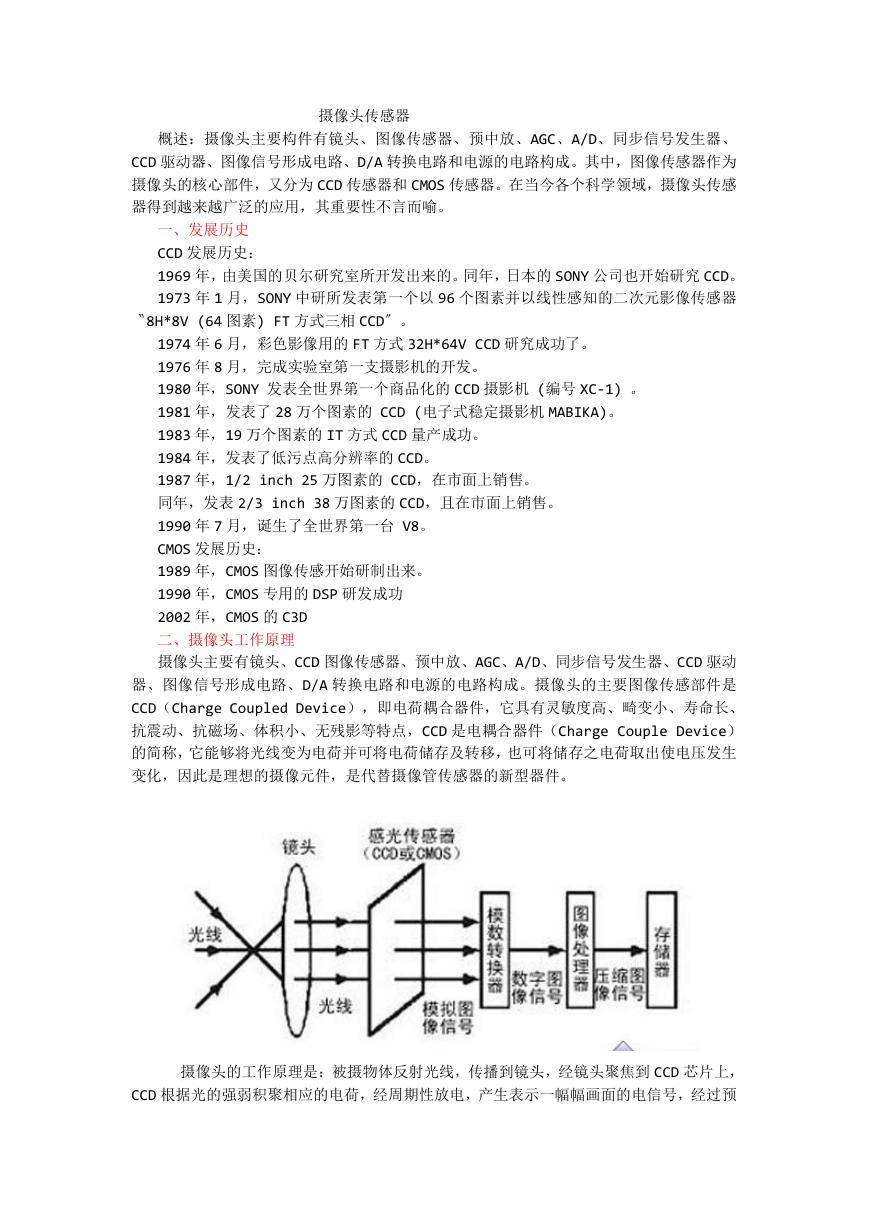 摄像头工作原理.doc
摄像头工作原理.doc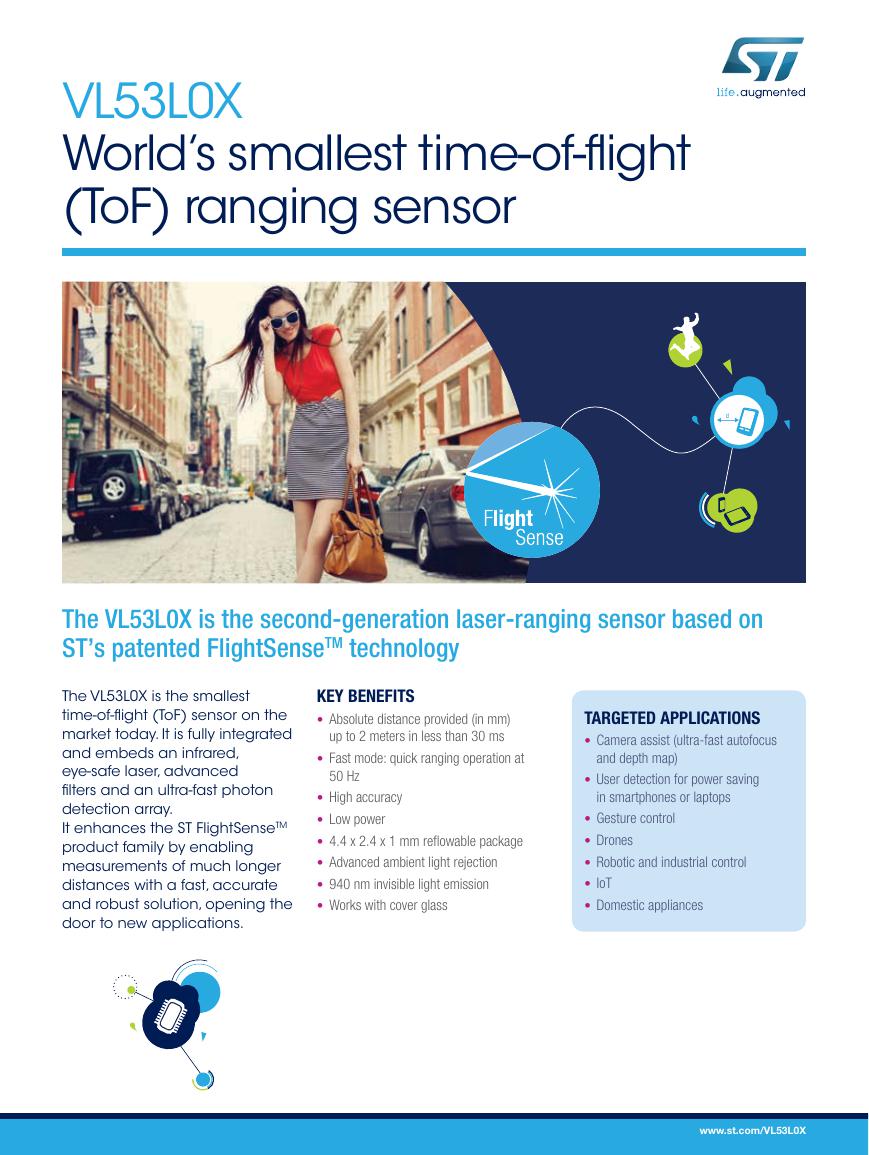 VL53L0X简要说明(En.FLVL53L00216).pdf
VL53L0X简要说明(En.FLVL53L00216).pdf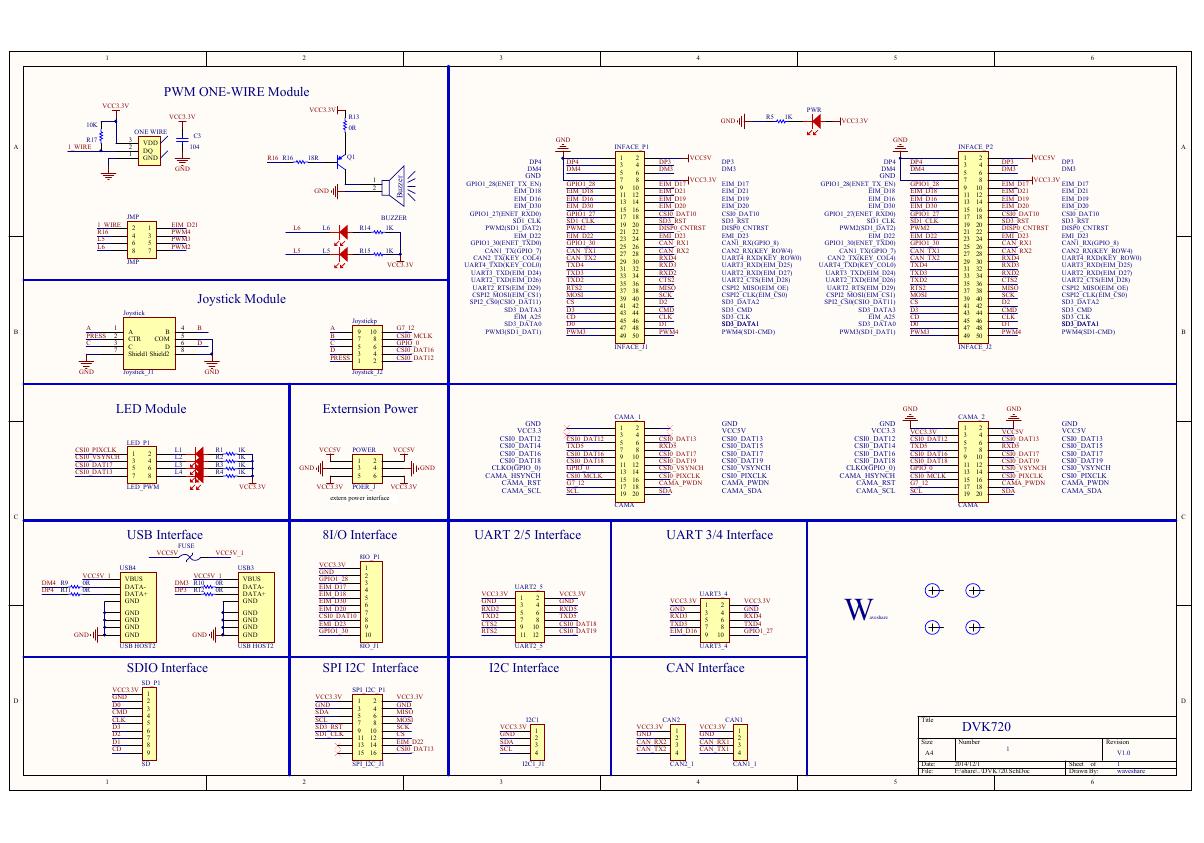 原理图(DVK720-Schematic).pdf
原理图(DVK720-Schematic).pdf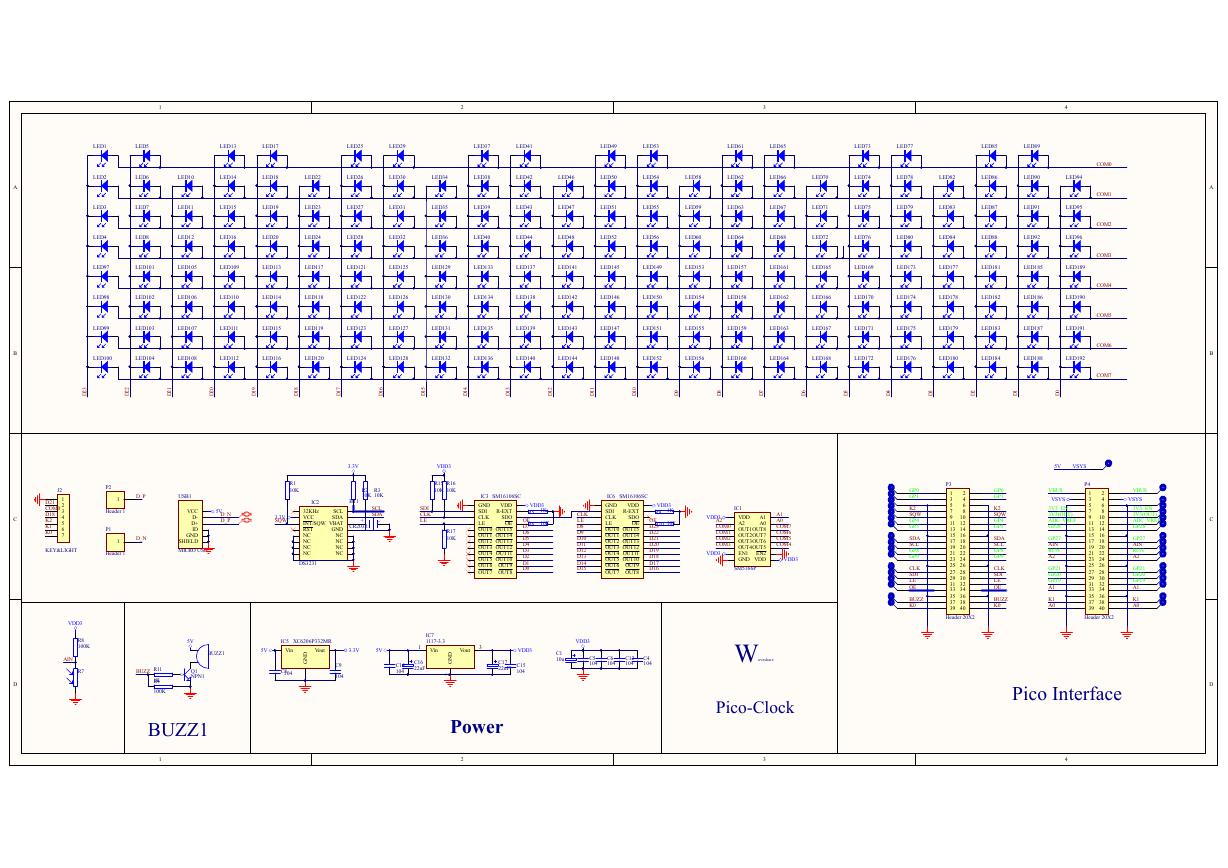 原理图(Pico-Clock-Green-Schdoc).pdf
原理图(Pico-Clock-Green-Schdoc).pdf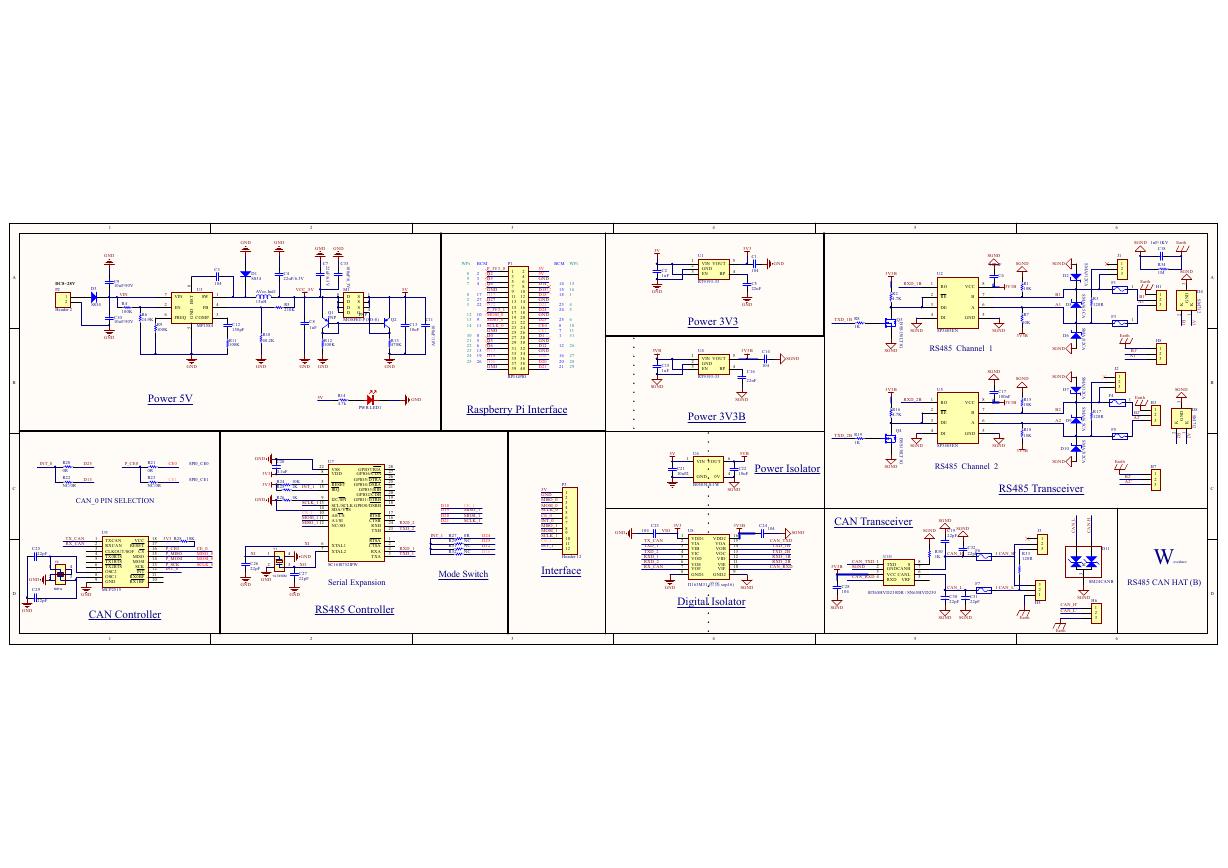 原理图(RS485-CAN-HAT-B-schematic).pdf
原理图(RS485-CAN-HAT-B-schematic).pdf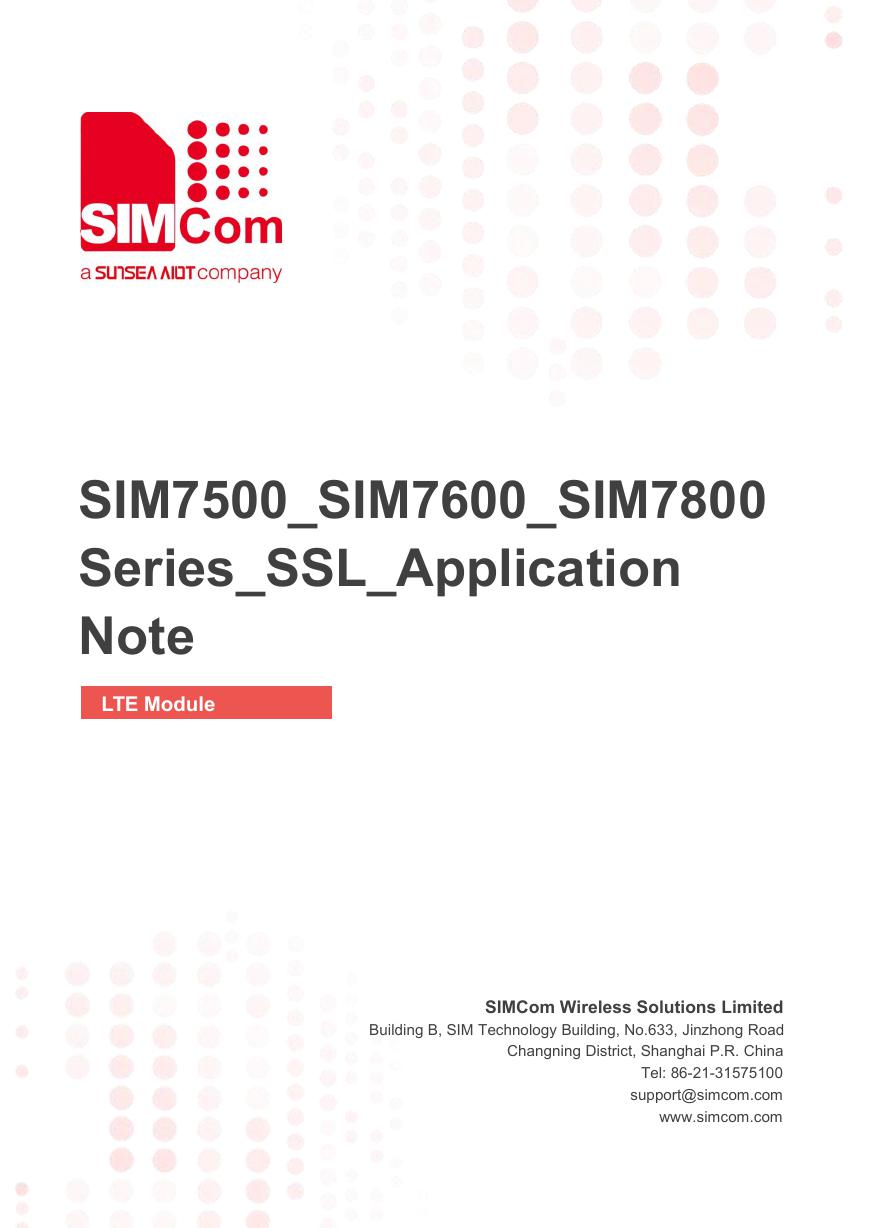 File:SIM7500_SIM7600_SIM7800 Series_SSL_Application Note_V2.00.pdf
File:SIM7500_SIM7600_SIM7800 Series_SSL_Application Note_V2.00.pdf ADS1263(Ads1262).pdf
ADS1263(Ads1262).pdf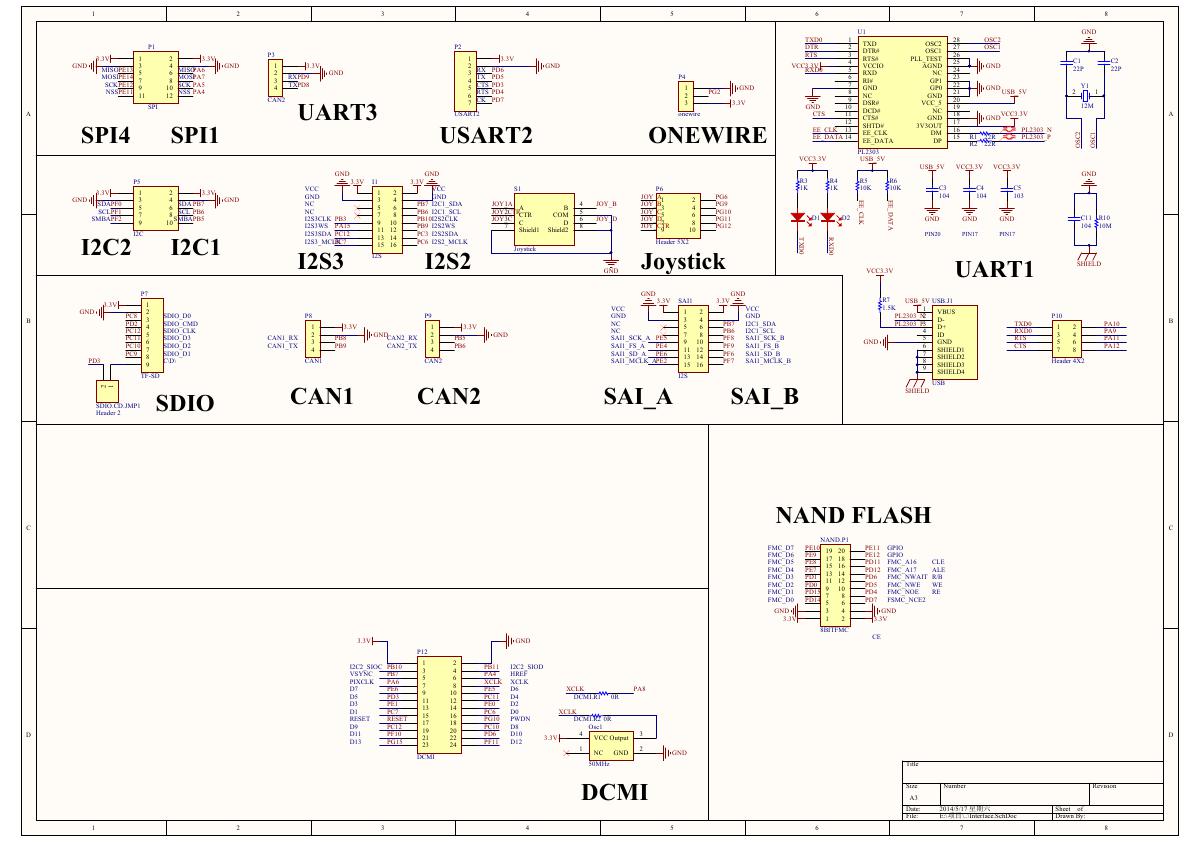 原理图(Open429Z-D-Schematic).pdf
原理图(Open429Z-D-Schematic).pdf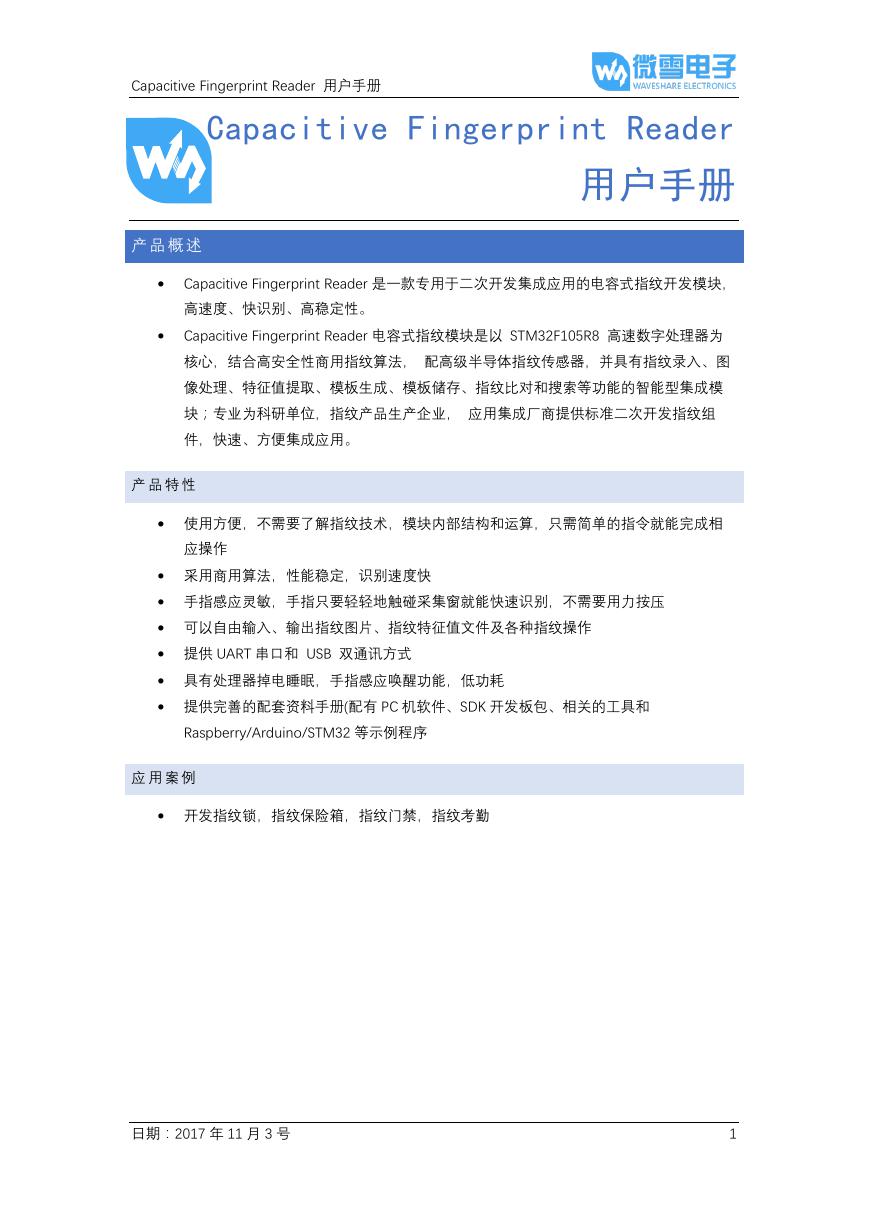 用户手册(Capacitive_Fingerprint_Reader_User_Manual_CN).pdf
用户手册(Capacitive_Fingerprint_Reader_User_Manual_CN).pdf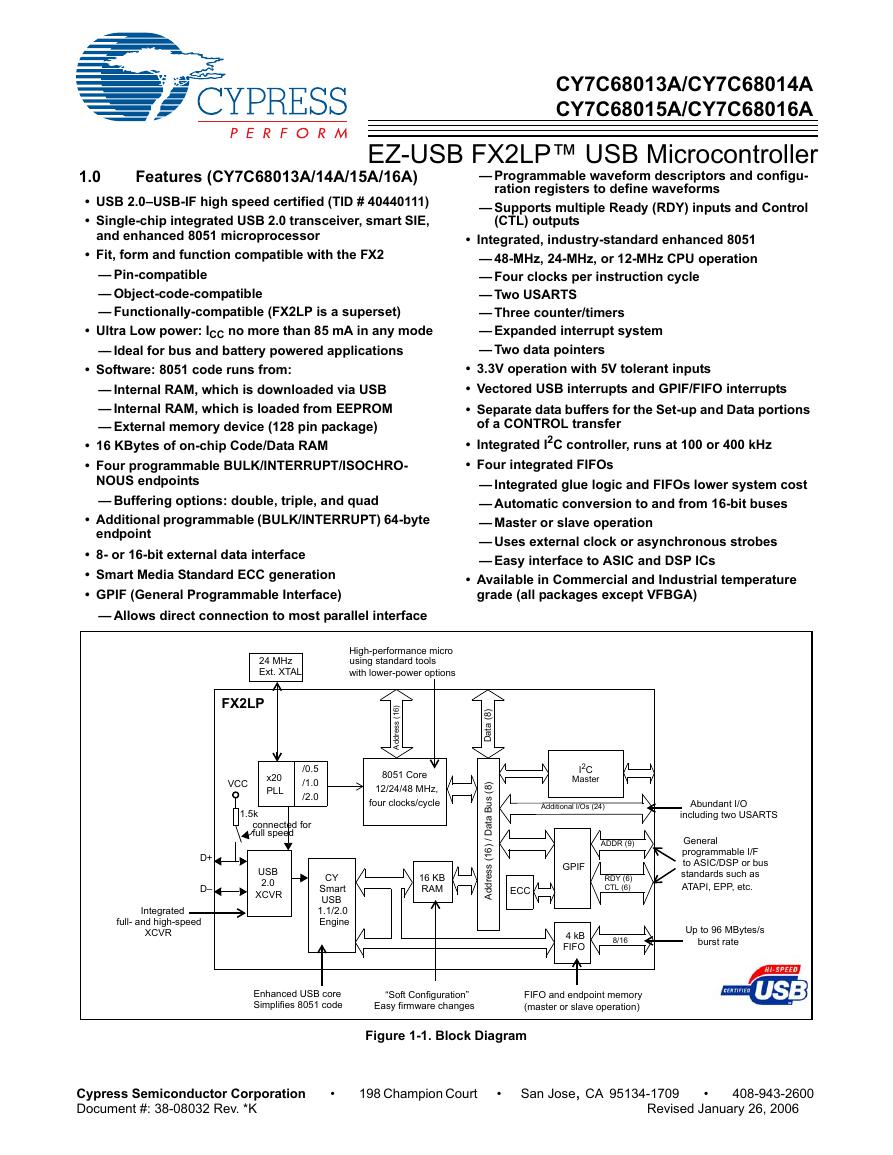 CY7C68013A(英文版)(CY7C68013A).pdf
CY7C68013A(英文版)(CY7C68013A).pdf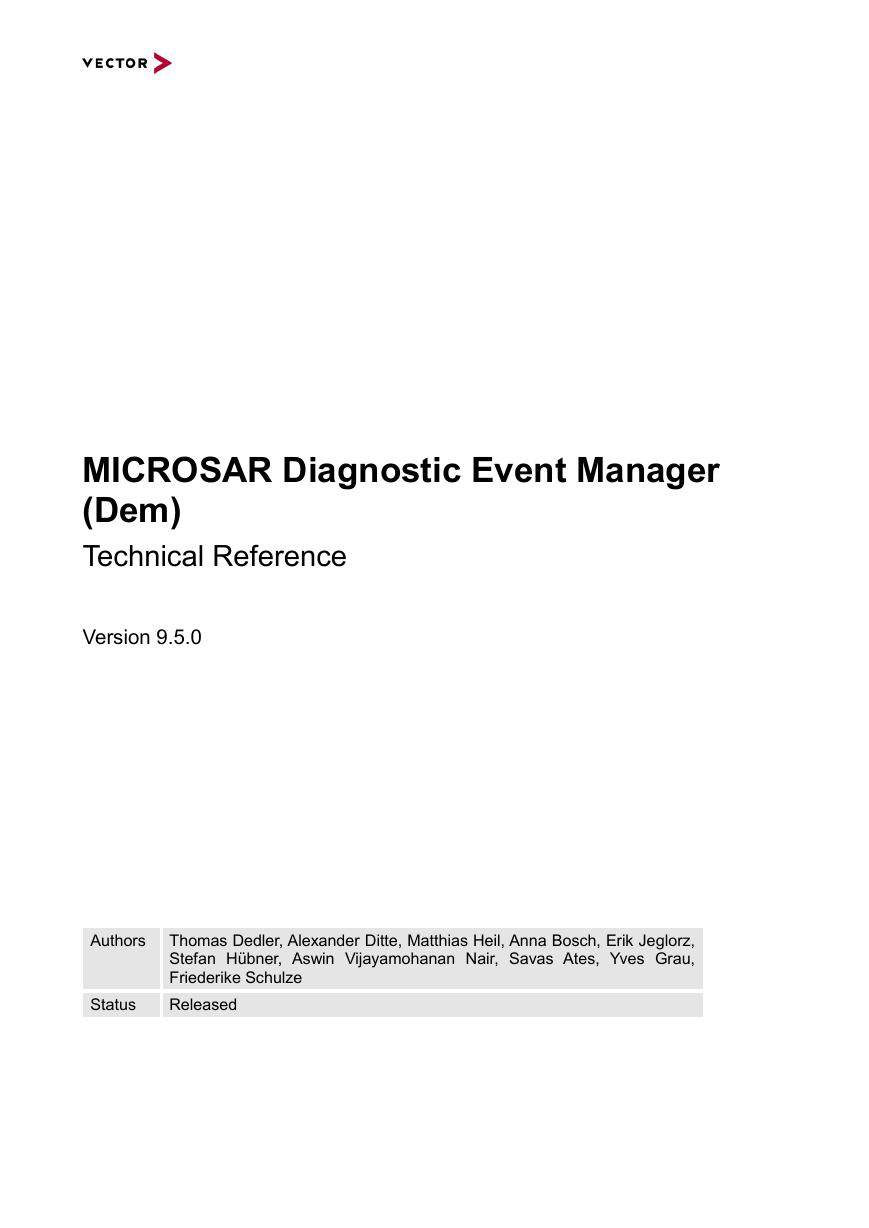 TechnicalReference_Dem.pdf
TechnicalReference_Dem.pdf